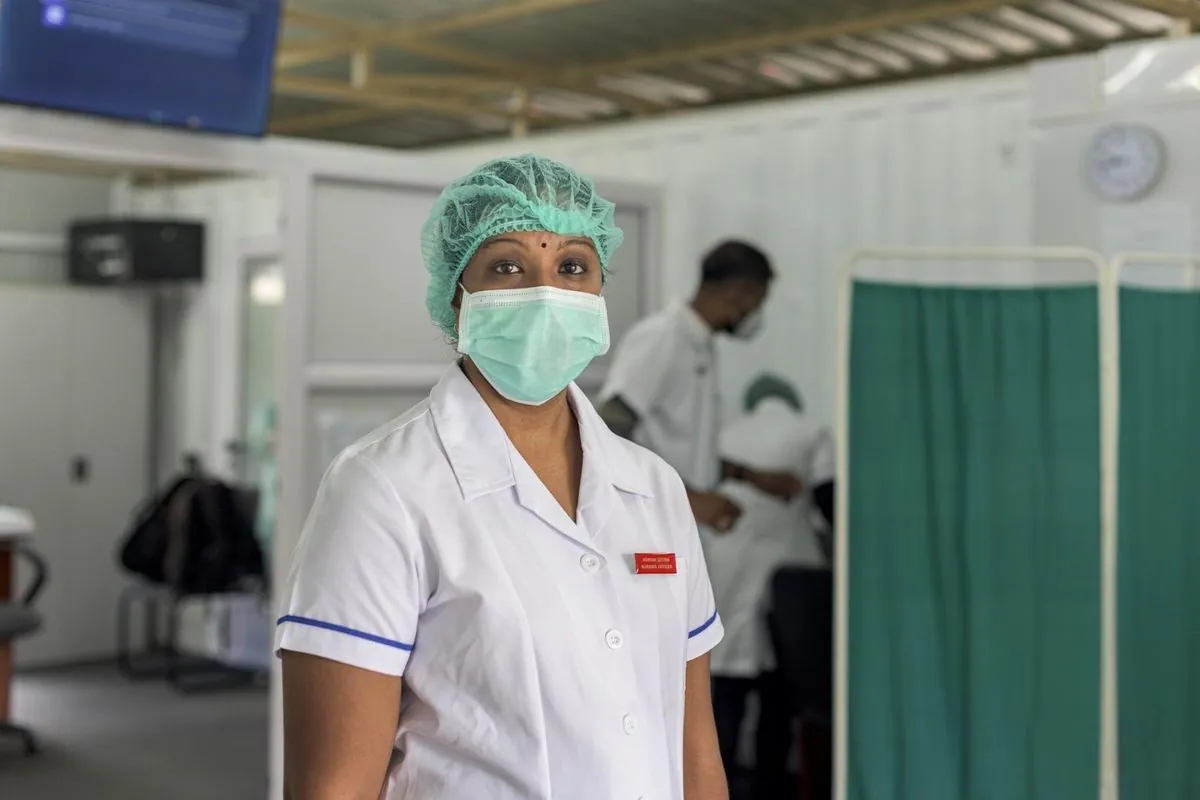Nigeria is poised to commence its mpox vaccination program on October 8, 2024, following the completion of regulatory approvals. This initiative comes in response to the country's ongoing efforts to combat the viral infection, which has seen 40 confirmed cases without any fatalities thus far.
Remi Adeleke, a spokesperson for Nigeria's National Primary Health Care Development Agency, disclosed this information to a local publication. The vaccination campaign follows the receipt of 10,000 Jynneos mpox vaccine doses from the United States Agency for International Development (USAID) on August 27, 2024.
Given the limited supply of 9,980 usable doses, the vaccination strategy involves an equitable distribution across five states, with each receiving 1,996 doses. This allocation will enable 4,750 individuals to receive the complete two-dose regimen, administered 28 days apart.
The target population for this vaccination drive includes:
1. Individuals in close contact with confirmed mpox cases
2. Healthcare workers
3. Persons with compromised immune systems
Before distribution, the vaccines will undergo a three-week regulatory laboratory analysis to ensure safety and efficacy.
Mpox, formerly known as monkeypox, has been a concern in Nigeria since the country experienced several outbreaks beginning in 2017. The virus, first discovered in 1958 in research monkeys, saw its first human case in 1970 in the Democratic Republic of Congo. It is endemic in several Central and West African countries, including Nigeria.
The Jynneos vaccine, also used to prevent smallpox, offers protection against mpox. This viral infection typically presents symptoms such as fever, rash, and swollen lymph nodes. Transmission occurs through close contact with infected individuals, animals, or contaminated materials.
In 2022, a global mpox outbreak led the World Health Organization to declare it a Public Health Emergency of International Concern. This event highlighted the need for increased vigilance and preventive measures worldwide.
While mpox is generally less severe than smallpox and rarely fatal in humans, its incubation period ranges from 5 to 21 days, with an average of 6 to 13 days. This extended period underscores the importance of early detection and vaccination efforts.
Nigeria's proactive approach to mpox vaccination aligns with global efforts to control the spread of the virus. USAID's support through vaccine donations and healthcare system strengthening plays a crucial role in these initiatives.
As Nigeria prepares to roll out its vaccination campaign, the country's health authorities remain vigilant in monitoring and responding to the mpox situation. The success of this program could serve as a model for other nations grappling with similar public health challenges.
